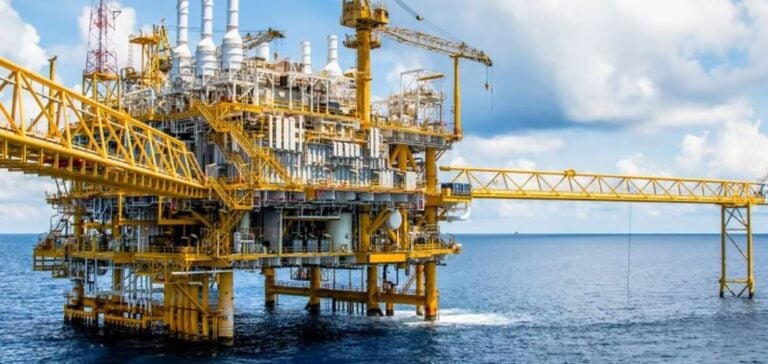Faced with a growing energy crisis, New Zealand has decided to lift the ban on offshore oil exploration.
This measure, in force since 2018, had limited exploration activities to the Taranaki Basin alone.
Today, the urgent need is to secure the country’s energy supply, which has been severely impacted by a drop in natural gas production.
The decision comes at a time when energy prices are reaching worrying levels, and fossil fuel reserves are being stretched to make up for the energy deficit.
New Zealand’s energy market is experiencing a period of turbulence, with gas production falling by 12.5% in 2023, followed by a further 27.8% drop in early 2024.
This situation exacerbates dependence on imported coal and diesel, highlighting the fragility of the current energy mix.
The government is opting for a pragmatic approach, aimed at stabilizing the market while meeting immediate needs.
Accelerating Renewable Projects to Diversify Supply
In parallel with the reopening of offshore exploration, the New Zealand government is implementing measures to accelerate renewable energy projects.
Permit processing times for these projects are being reduced to one year, to encourage rapid diversification of energy sources.
The initiative is also designed to pave the way for offshore renewable energy licensing, with the first round scheduled for 2025.
This strategy aims to balance the immediate imperatives of energy security with the long-term development of renewable capacities.
Energy Minister Simeon Brown stresses the importance of this approach in ensuring the stability of the electricity grid, which has been affected by adverse weather conditions in recent months.
Consequences and Challenges for the Energy Sector
The reactivation of exploration activities in offshore areas opens up new prospects for New Zealand’s hydrocarbon sector.
However, this move comes with its own challenges, particularly in terms of regulation and resource management.
The government is navigating between immediate economic imperatives and market expectations, while seeking to maintain a balance between the exploitation of fossil resources and the development of a diversified energy infrastructure.
This decision reflects a necessary adaptation to a crisis situation, while laying the foundations for a more resilient energy strategy.
The current approach highlights the challenges inherent in managing energy resources in a context of market volatility and technological transitions.





















